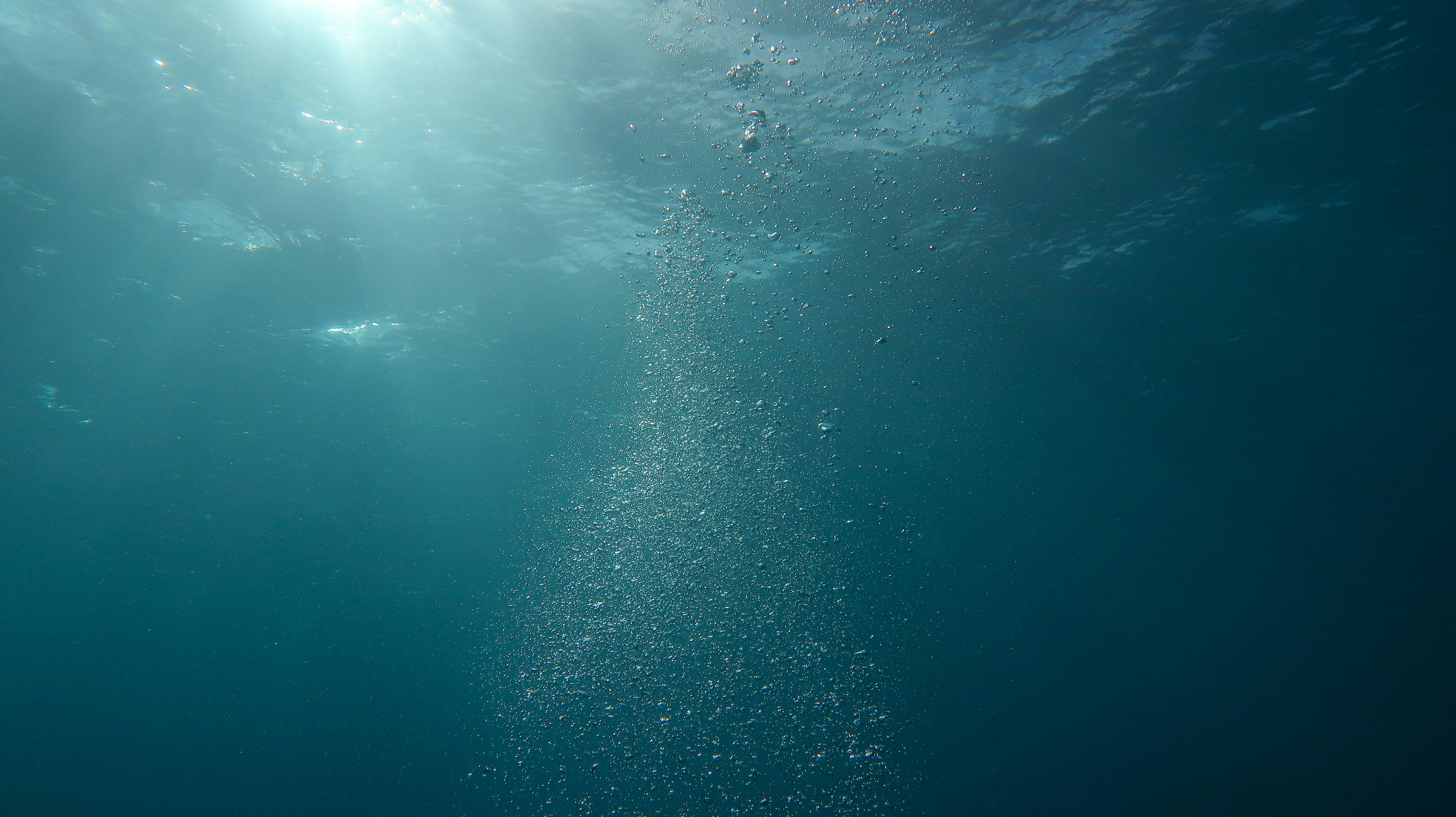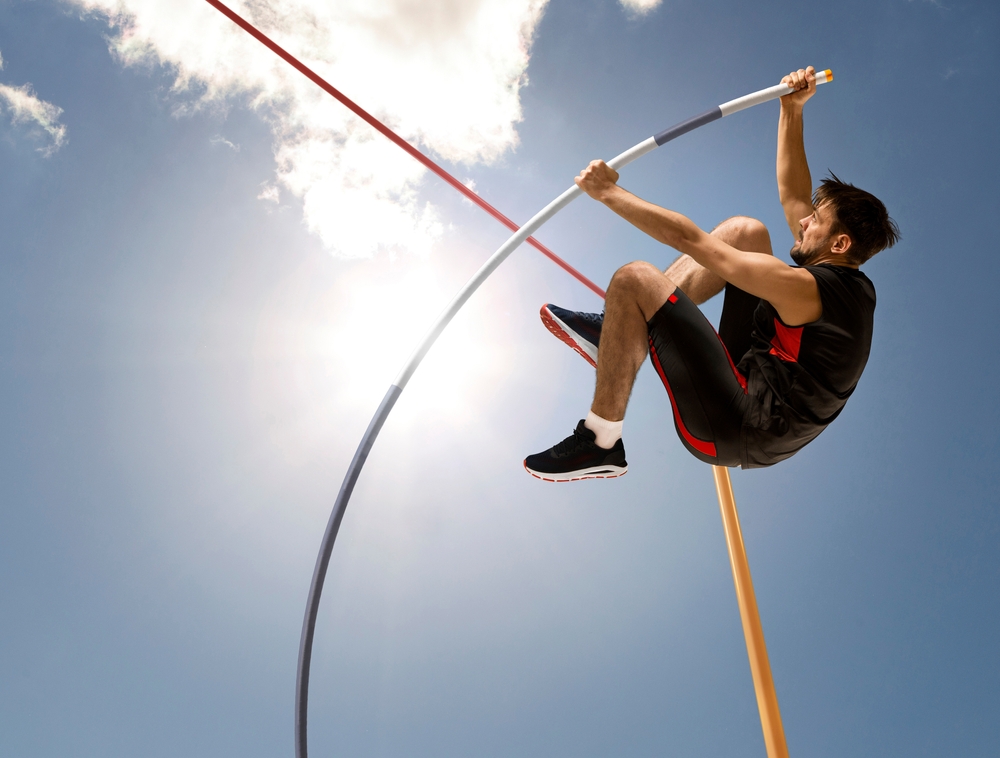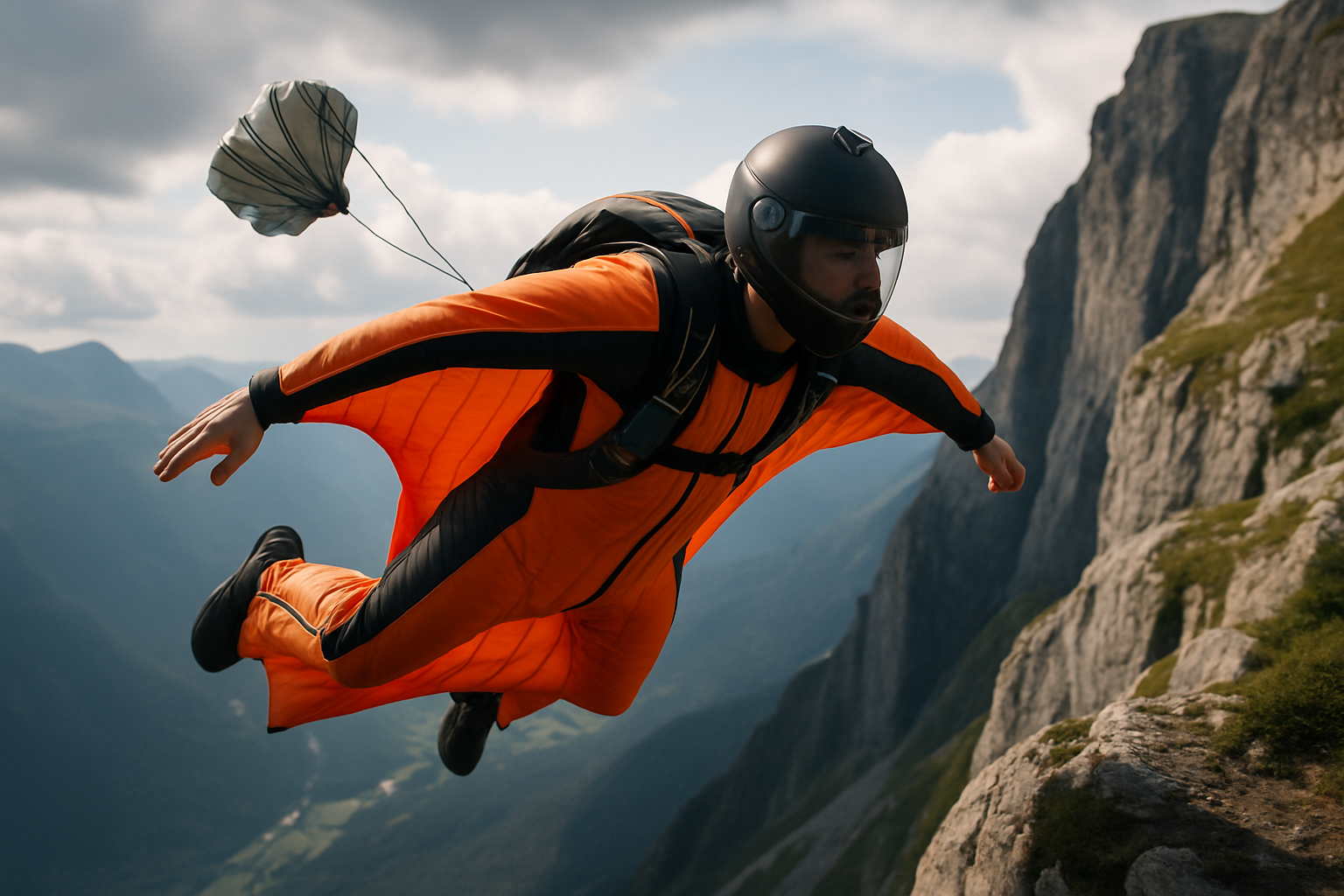The Physiological Marvels of Competitive Freediving
Competitive freediving challenges the limits of human physiology, pushing divers to extraordinary depths on a single breath. This extreme sport demands intense mental focus, physical conditioning, and a deep understanding of the body's adaptations to underwater pressure. As athletes plunge into the abyss, they unlock a fascinating realm of human potential.

The Mammalian Dive Reflex: Nature’s Underwater Survival Mechanism
At the heart of a freediver’s ability to withstand extended periods underwater lies the mammalian dive reflex. This innate physiological response, shared by humans and other marine mammals, is activated when the face comes into contact with cool water. As the diver descends, a cascade of automatic responses occurs within the body, aimed at conserving oxygen and extending underwater survival time.
The first notable change is bradycardia, a significant slowing of the heart rate. In trained freedivers, heart rates can drop from a resting 60-80 beats per minute to as low as 20-30 beats per minute. This dramatic decrease in heart rate reduces oxygen consumption by the heart muscle itself, allowing for more efficient distribution of oxygen to vital organs.
Peripheral vasoconstriction follows, where blood vessels in the extremities constrict, redirecting blood flow to the core organs - the heart, lungs, and brain. This prioritization ensures that these critical organs receive an adequate oxygen supply during the dive. Additionally, the spleen contracts, releasing an extra supply of oxygen-rich red blood cells into the bloodstream, further enhancing the body’s oxygen-carrying capacity.
Blood Shift: The Body’s Natural Pressure Equalizer
As freedivers descend to greater depths, they encounter another remarkable physiological adaptation known as blood shift. This phenomenon helps protect the body from the crushing pressures experienced at depth, which can reach over 10 atmospheres at 100 meters below the surface.
Blood shift occurs when the increased pressure causes blood plasma to move from the extremities and less vital organs into the chest cavity. This influx of fluid helps to counteract the external pressure on the lungs, preventing them from collapsing. The shift also fills the alveoli - the tiny air sacs in the lungs - with plasma, maintaining their structure and function even as the air inside them compresses.
This natural pressure equalization mechanism allows freedivers to reach depths that would otherwise cause severe barotrauma. However, it’s a delicate balance, and divers must ascend carefully to allow the shifted blood to return to its normal distribution without causing decompression-related injuries.
Oxygen Conservation and the Hypoxic Threshold
One of the most critical aspects of competitive freediving is the management of oxygen reserves. As a diver descends, the body enters a state of progressive hypoxia - a decrease in oxygen availability to the tissues. The brain, being the most oxygen-sensitive organ, is particularly vulnerable to these changes.
Interestingly, trained freedivers develop an increased tolerance to hypoxia. Through regular exposure to low-oxygen states during training, their bodies adapt to function more efficiently with less oxygen. This adaptation occurs at both the cellular and systemic levels, with increased production of oxygen-carrying hemoglobin and enhanced efficiency of oxygen utilization in the muscles.
The hypoxic threshold - the point at which consciousness begins to falter due to lack of oxygen - varies among individuals and can be significantly extended through training. Elite freedivers can push this threshold to remarkable limits, allowing them to remain underwater for durations that seem impossible to the average person.
Mental Fortitude and the Psychology of the Deep
While the physiological adaptations in freediving are extraordinary, the mental aspect of the sport is equally crucial. The psychological challenges of descending into the dark, pressurized depths on a single breath require immense focus and control.
Freedivers often employ meditation techniques and visualization to manage stress and conserve oxygen. By entering a state of deep relaxation, they can lower their heart rate and metabolic rate even further, extending their dive time. This mental state, often described as a form of aquatic zen, allows divers to overcome the natural urge to breathe and the potential panic associated with being underwater for extended periods.
The psychological training also helps divers manage the sensory deprivation experienced at depth. In the dark, silent underwater environment, maintaining orientation and focus becomes increasingly challenging. Experienced freedivers learn to trust their training and remain calm in these extreme conditions, a skill that is as much mental as it is physical.
Training and Preparation: Building the Freediving Physique
Competitive freediving requires a unique approach to physical training. Unlike many other sports that focus on building muscle mass or cardiovascular endurance, freediving training aims to increase the body’s efficiency in using and conserving oxygen.
Breath-hold training is a fundamental aspect of preparation. Divers practice static apnea - holding their breath while remaining still - to increase their CO2 tolerance and extend their breath-hold time. Dynamic apnea training, which involves swimming underwater lengths, helps improve technique and oxygen efficiency while in motion.
Strength training for freedivers focuses on the core and leg muscles, which are crucial for propulsion and maintaining proper form underwater. However, this training is carefully balanced to avoid excessive muscle mass, which would increase oxygen consumption.
Flexibility training, particularly of the rib cage and diaphragm, is also essential. Increased flexibility in these areas allows for greater lung capacity and more efficient breathing techniques. Yoga and specialized stretching routines are often incorporated into a freediver’s training regimen.
Nutrition plays a vital role in preparing for competitive dives. Freedivers often follow a diet rich in omega-3 fatty acids, which may improve oxygen utilization and protect against the effects of high pressure on the nervous system. Proper hydration is crucial, as dehydration can significantly impact a diver’s performance and safety.
The Future of Freediving: Pushing the Limits of Human Physiology
As our understanding of the physiological processes involved in freediving continues to advance, so too does the potential for humans to push the boundaries of what was once thought possible. Research into the genetic factors that contribute to exceptional freediving ability may lead to new insights into human adaptation to extreme environments.
Technological advancements in monitoring equipment allow for more precise measurement of physiological parameters during dives, contributing to safer practices and more effective training methods. This data also provides valuable information for medical research, potentially leading to applications beyond the sport itself.
The study of freediving physiology has implications for various fields, including medicine, marine biology, and even space exploration. The adaptations observed in freedivers offer insights into potential treatments for conditions involving hypoxia or high-pressure environments.
As competitive freedivers continue to set new records, they not only showcase the remarkable capabilities of the human body but also contribute to our scientific understanding of physiology under extreme conditions. The sport of freediving stands as a testament to the incredible adaptability of the human body and mind, revealing the hidden potentials that lie within us all.
In conclusion, competitive freediving represents a unique intersection of physical prowess, mental discipline, and physiological adaptation. As athletes continue to plunge deeper into the ocean’s depths, they push the boundaries of human capability and expand our understanding of the body’s remarkable ability to adapt to extreme environments. The physiological marvels observed in freedivers not only fascinate scientists and sports enthusiasts alike but also open new avenues for research and potential applications across various fields of study.





